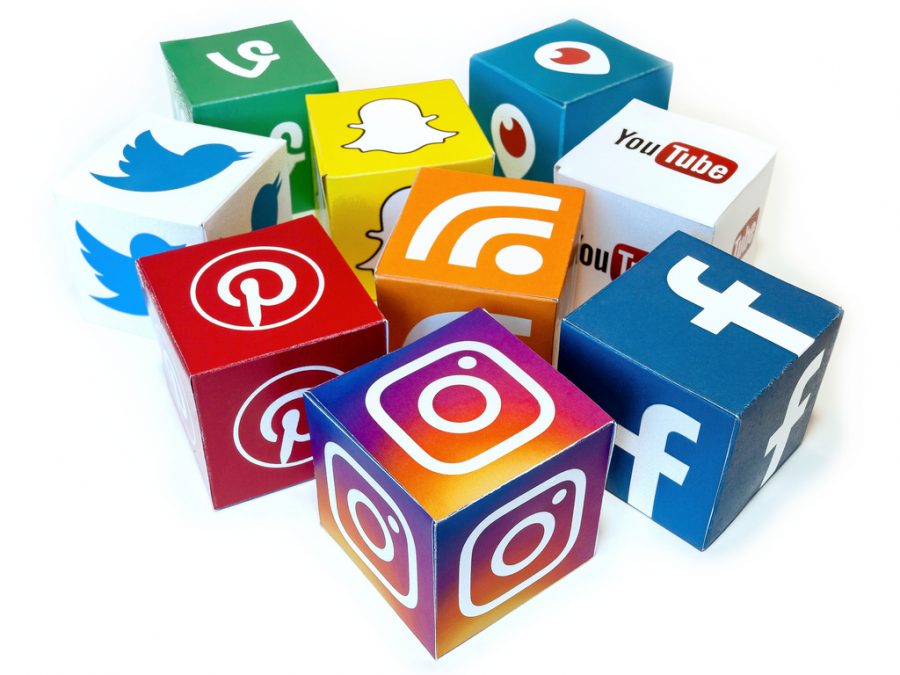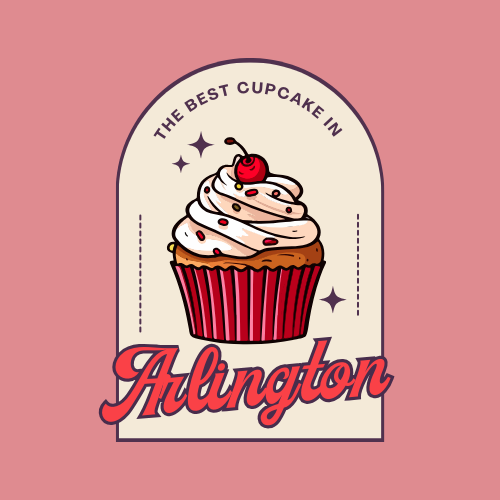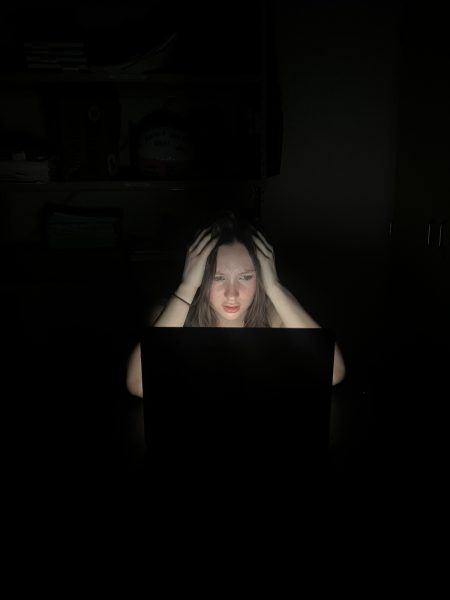TMI to IT Industry
Ms. Alexandra Ott is a special education teacher who came from teaching for one year with DC Public Schools. Q: What differences do you expect between elementary and high school? A: So my previous school was an all special education school, last year I taught elementary school kids ages 8-12 with various disabilities. This is a very different setting because I now have older kids, the severity of the disabilities that I worked with last year was more than it is here so the learning environment might be a little easier. The skills that I teach will also be different. Here I teach English, World History , and Biology. Q: Why do you teach Special Education? A: When I was in high school I did best buddies and I was paired with a girl that had cerebral palsy. Before that I didn’t know how to act around people with disabilities because I had never had any experience with them. So once I got to know her I realized that she was really cool and had so much to offer. We are still friends to this day and she knows that she is my inspiration and the reason that I do what I do. Q: What are you looking forward to and what are you nervous about? A: I’m really excited about getting to know my students, I can’t wait for when everyone comes in and I can build relationships with them and give them my full self. I’m nervous about learning all the new arlington county paperwork and procedures and I’m a little nervous about being too friendly because I’m normally very laid back and I want to be an authority figure as well.
Anyone who has even been taking the occasional peak at the headlines on any major news outlet in the last few months knows the meaning of the phrase ‘Cambridge Analytica’. It is the name of the company who, during the 2016 election cycle, gained access to the private information of more than 87 million Facebook users, which was later used to target them with digital advertisements. This leaves us, the generation who has put endless amounts of our private information out on various social media outlets, wondering how much information is too much to give out and if we can really trust these tech giants to protect us and our privacy at all.
To fully understand how the Cambridge Analytica scandal came to be, one would have to look all the way back to 2010 when Facebook launched a platform called Open-Graph. This allowed third-party apps and developers, which would later come to include Cambridge Analytica, the ability request users’ permission to access personal data. If the users said yes, the companies would not only gain access to their data, but the data of anyone whom they had friended as well.
“We’re building toward a Web where the default is social,” Facebook founder and CEO Mark Zuckerberg said of the launch of Open-Graph. “Every application will be designed from the ground up to use real identity and friends. What we’re going to do is make it possible to map connections. Once it’s possible to understand these connections, a lot of really neat things become possible.”
While Facebook certainly saw an increase in its ad revenue after the implementation of this platform, but the decision quickly put the platform’s users at risk.
“We exploited Facebook to harvest millions of people’s profiles,” Christopher Wylie, who was part of the effort to obtain the data, said. “Then, we built models to exploit what we knew about them and target their inner demons. That was the basis the entire company (Cambridge Analytica) was built on.”
The problem is not unique to either Facebook or Cambridge Analytica, and thinking in this way is dangerous in that it creates false solvency. Even after the public outcry following the expose on Facebook, nothing has been done to prevent other companies who store large amounts of personal data, like Google or Amazon, from doing the same thing.
“Personally, I don’t think companies should be using private information unless they’ve been given permission to,” sophomore Logan Rowland, whose father works in the information technology industry, said. “But I know that there are a lot of mainstream sites which tell you in the terms and conditions that they are going to use your information for certain things. If nobody reads it and just ticks the box, it is not [the company]’s fault. Legally, the companies are doing the right thing, but ethically, a lot of people have a problem with it.”
For many of us, what we should do is not entirely clear. The fact is that we are no longer fully in control of where the information that we put out ends up. Recently, not only advertisement and data mining companies have requested data from companies, but government entities have initiated a more active partnership with large companies that store the data of private citizens.
“In my government class, we were talking about how the Golden State Killer was ultimately caught using an open-source genetic database, and I think that brings up a lot of interesting issues with privacy and business,” sophomore Abby Martinage said. “On one hand, we as a society want to do all we can to prevent reigns of terror like the Golden State Killer’s, but on the other, there’s a ton of pressure on personal information sharing websites from consumers to keep a high level of privacy. Companies are in a weird place where they need to find the balance between protecting specific citizens and protecting society as a whole.”
The truth is that the power of the technology sector has grown exponentially and to unprecedented levels in the last couple of decades. It has developed and changed as new information and new insights became available. Unfortunately, however, our laws have remained the same, creating a situation where we are at risk of losing some of our most basic rights.













